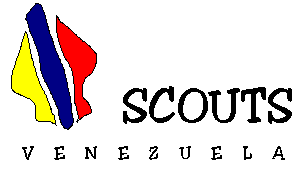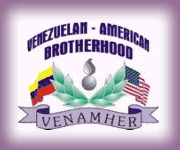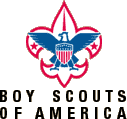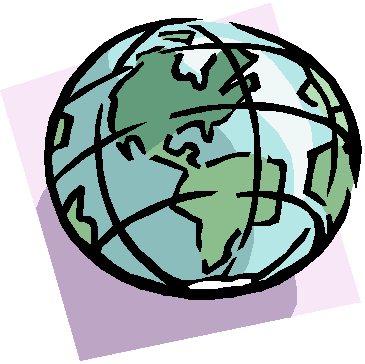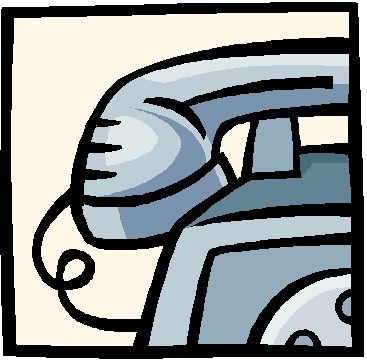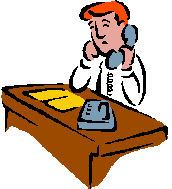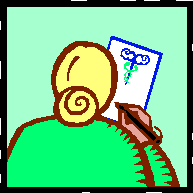Biography of Francisco de Miranda according to the Encyclopedic Dictionary Interactive
Multimadia.
Miranda, Francisco: Great Person of Venezuelan independence. He was born in Caracas in 1750 and
he died in San Fernando, Spain, in 1816. Son of a canary retailer, he studied in Caracas. In 1771, in Spain, he joined the army. He fought in the war of the independence of the United States of America.
He happened to Cuba, and in Havana Miranda was accused of treason and contraband, and the
"Inquisición" of "Cartagena de Indias" condemned ten years to him of exile in
Orán, to read prohibited books. Miranda obtained refuge in the United States of America and looked for aid for his
independence projects. Outstanding "masón", visited the main European lodges to obtain support to organize the revolution in Hispano-America. In London
he did not obtain the endorsement of Pitt in 1790. Miranda participated in the French Revolution and
he arrived at field marshal. In 1797 was constituted in Paris, under his presidency, a Meeting of
Parliament of México, Perú, Chile, La Plata, and Nueva Granada. He founded on London the American Lodge, maintained correspondence with Manuel Gual in 1797 and knew Bernardine
ÓHiggins. In 1805 Pitt
lent economic aid to him and Miranda was transferred to the United States of America where
he obtained advantages of president Jefferson. In 1806
he tried to disembark in, "Ocumare de la Costa", but it failed and he had to take refuge in the island of Granada and Barbados; in August choir occupied, but before the lack of resources
he returned to Great Britain in 1808, where Miranda was united to Bolivar. After the revolution in Caracas in April,
19 of 1810, he returned, next to Bolivar, to his country, where Miranda was delegated constituent and
he pleaded for total independence the July, 5 of 1811. Miranda put under the realists of Valencia in August of 1811. Named
"Generalísimo" in April of 1812 and dictator in May, he could not, nevertheless, stop the Spanish offensive and capitulated in the
Victoria City, in July 1812, in exchange for which he was respected the Venezuelans. The
Spanish violated the agreement and their compatriots accused to him of treason. He was catched by these in the Guaira and given to the realists. He died jailed in Spain, the arsenal of
"La Carraca" (the Carrack), San Fernando.
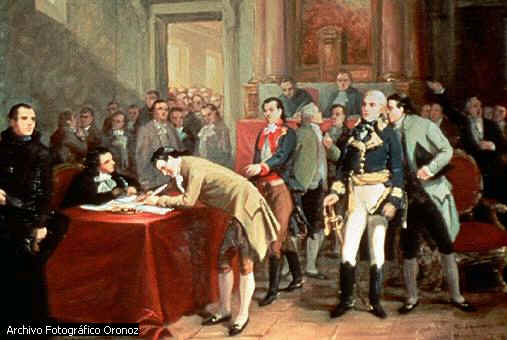
Firma de Acta
de la Independencia de Venezuela, el 5 de Julio
de 1.811.
Biography of Francisco de Miranda according to the Encarta Encyclopedia
Francisco de Miranda (1750-1816), Venezuelan, ' precursor' of the Hispano-American emancipation and creative military man of the flag of Venezuela.
He was born in Caracas the 28 of March of 1750. After studying the baccalaureate in arts in the University of Caracas,
he traveled to Spain (25 of January of 1771).
With the captain degree it participated in the defense of Melilla (9 of December of 1774). In 1780
Miranda was destined to Havana (Cuba), like captain of the Regiment of Aragón and
"edecán" of general Juan Manuel
Cagigal. Of he escaped there and, attracted by the independence of the English colonies, the 1 of June of 1783 in the United States took refuge, where
he was interviewing with George Washington, the Marquess of the Fayette and other American personalities.
Miranda passed to London the 1 of February of 1785 to present/display to the English government his revolutionary project.
Miranda crossed almost all Europe with critical spirit. In Kíev Catherine II of Russia knew the empress (14 of February of 1787), that offered all class him of attentions, authorizing to him to use the uniform of the Russian Army. From return to London (18 of June of 1789), she insisted on his
independent intentions before British prime minister William Pitt (the Young person); but the continuous excuses of this one bothered to Miranda, that went to Paris (19 of March of
1792).
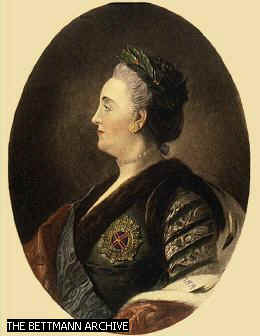
Catalina II, La Grande
He joined the French Army with the degree of field marshal. One stood out in the victory of
Valmy, reason why it was promoted general. As head of the Army of the North took Amberes and
Ruremonde, but his head, general Dumouriez, accused it to be the person in charge of some military failures.
He entered prison and after a long judgment he was declared innocent the 15 of May of 1793, and when leaving in freedom, the town took it in shoulders. Harassed by the
"jacobinos", he fled from Paris and he arrived at London (15 of January of 1798), where
Miranda resumed his interviews with Pitt, that now was decided to support to him.
Disappointed by the English attitude, he was transferred to New York (9 of November of 1805) where armed an expedition that did his first scale in Haiti the 18 of February of 1806. In Haitian waters, on board of the Leander, Miranda hoisted the 12 of March of 1806 the one that would become the flag of Venezuela. There the Bachus schooners were united to him and Bee. As opposed to Ocumare of the Coast, in Venezuela, the expedition was rejected (28 of April); a second attempt (from the 1 to the 4 of August) also finished in failure.
The 1 of January of 1808 returned to London. There, in 1810, Simón Bolivar, who finished arriving in search of the British support,
he convinced it that he had to return to Venezuela; before finishing the year, Miranda was already in Caracas (13 of December), where a Supreme Meeting of Government had been constituted. Like deputy to the constituent Congress, in which president chose itself to him,
he fought ardent by the declaration of independence (5 of 1811 July). The new country was born sunk in differences and confrontations of internal factions, who prevented their fortification. Before the announcement of the arrival of a military expedition from Puerto Rico, commander in chief was named and all the powers were granted to him, but incapable to organize a disciplined and effective army, Domingo Monteverde the 25 of 1812 July signed a capitulation with the realistic head. On the verge of embarking towards the foreigner, Miranda was betrayed by his and arrested by the realists. Envoy from a prison to another one (Port Hair, San Juan and Cadiz), died in the
Carrack (La Carraca), near Cadiz, the 14 of 1816 July. Their rest were buried in a common grave.

